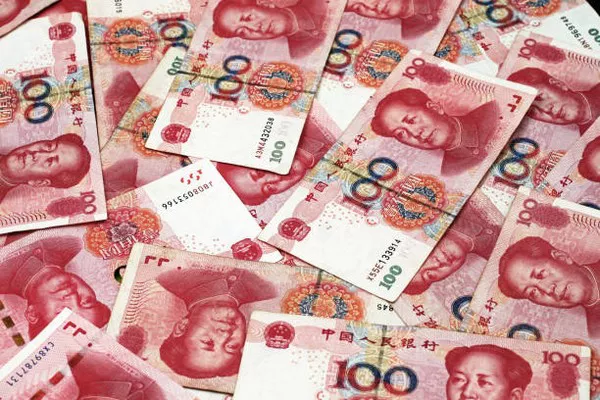In recent years, there has been increasing speculation about the potential for China’s yuan to challenge the dominance of the U.S. dollar in international trade and finance. However, a closer examination reveals that China is not actively seeking to replace the dollar with its own currency, the yuan (Renminbi, RMB). This article explores the reasons behind China’s reserved approach and the complexities involved in internationalizing the yuan.
Historical Context:
To understand China’s stance on the yuan’s internationalization, one must delve into the historical context of the global financial system. The U.S. dollar has long held a central role in international trade and finance, acting as the world’s primary reserve currency. This status brings numerous benefits to the United States, including lower borrowing costs and significant influence over global economic policies.
China’s Rise and Economic Ambitions:
China’s meteoric rise as an economic powerhouse has led to increased calls for the yuan to assume a more prominent role in the international monetary system. The Chinese government has undertaken various initiatives to facilitate the global use of the yuan, such as establishing offshore yuan clearing centers and promoting the use of the currency in bilateral trade agreements.
However, replacing the U.S. dollar with the yuan is not a straightforward process. China is aware of the potential challenges and risks associated with such a transition, and its leadership remains cautious about the potential consequences for its economy and global financial stability.
Economic Stability:
One primary reason for China’s reluctance to aggressively promote the yuan as an international reserve currency is the need to maintain economic stability. The yuan’s value is influenced by a range of factors, including domestic economic conditions, capital flows, and government policies. A sudden surge in international demand for the yuan could lead to increased volatility and potential risks for China’s financial system.
Control Over Monetary Policy:
By keeping the yuan’s internationalization in check, China maintains greater control over its monetary policy. A fully internationalized yuan would be subject to market forces and external pressures, limiting the government’s ability to implement effective monetary policies to address domestic economic challenges.
Risk of Speculative Activities:
China is wary of the potential for speculative activities in the foreign exchange market if the yuan were to become a global reserve currency. Speculative attacks on a currency can have severe consequences, as witnessed in previous financial crises around the world. China’s cautious approach helps mitigate the risk of currency speculation and safeguard the stability of its financial system.
Trade Imbalances and Currency Manipulation Concerns:
An internationally dominant yuan could also lead to concerns about trade imbalances and accusations of currency manipulation. China’s economic policies and trade practices have been scrutinized in the past, and a more significant role for the yuan could intensify global scrutiny. China seeks to avoid being perceived as leveraging its currency for trade advantages and strives to maintain a balanced and fair international economic environment.
See Also Why Is Chinese Yuan Most Traded?
Conclusion:
While the idea of the yuan replacing the U.S. dollar as the world’s primary reserve currency is intriguing, it is essential to recognize the complexities and challenges involved in such a transition. China’s measured approach is rooted in a desire to maintain economic stability, control over monetary policy, and mitigate potential risks associated with a fully internationalized yuan.
The global financial landscape is evolving, and China’s influence is undoubtedly growing. However, the yuan’s journey to becoming a global reserve currency requires careful consideration of the economic and geopolitical factors at play. As China continues to pursue its economic ambitions, the internationalization of the yuan will likely progress, but at a pace that aligns with the country’s strategic goals and safeguards against potential pitfalls.


